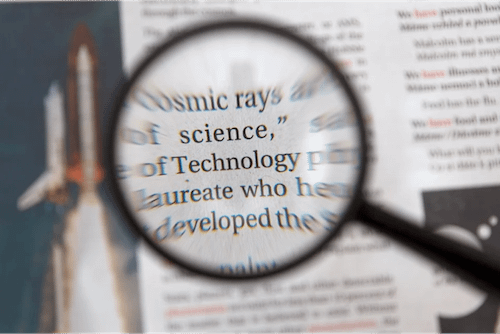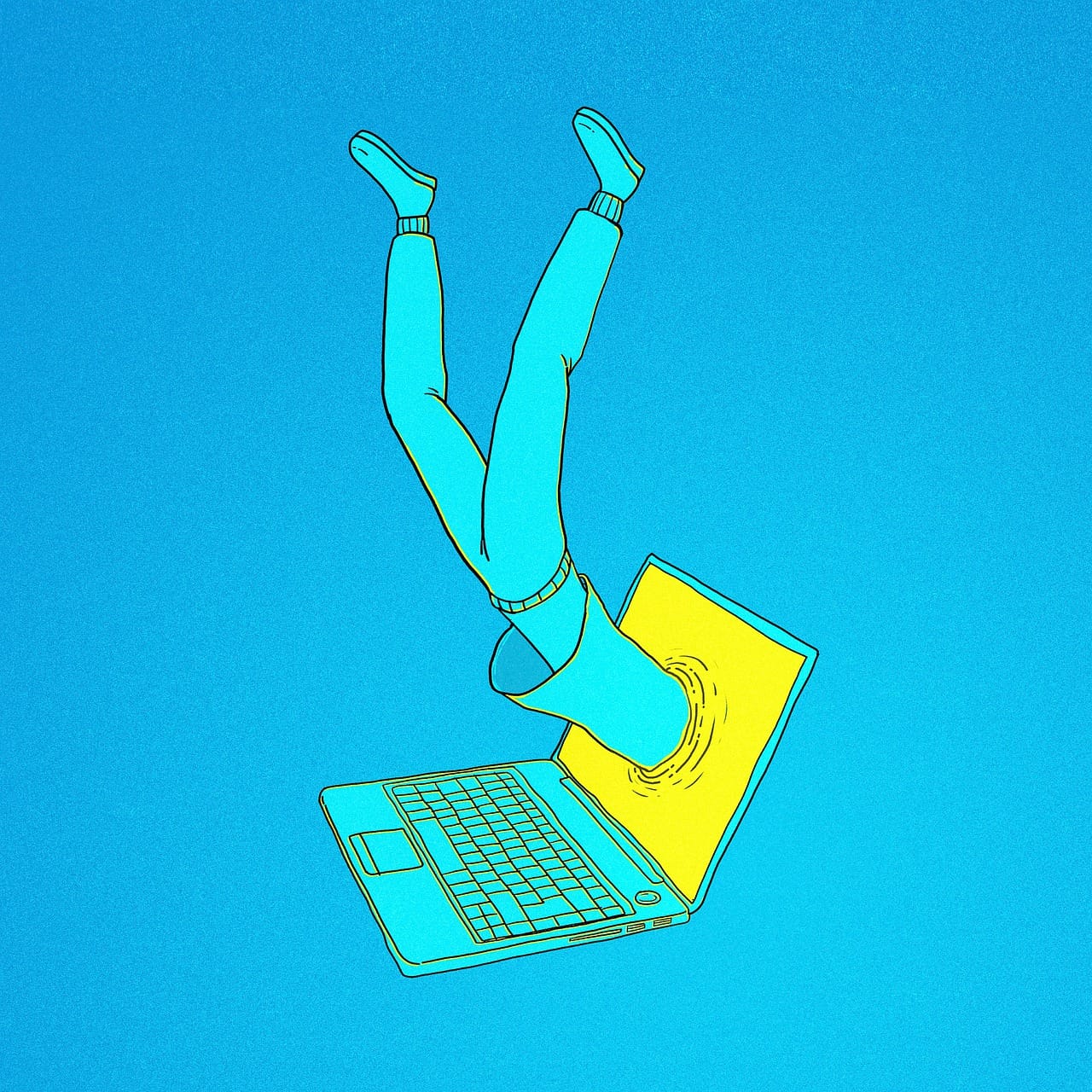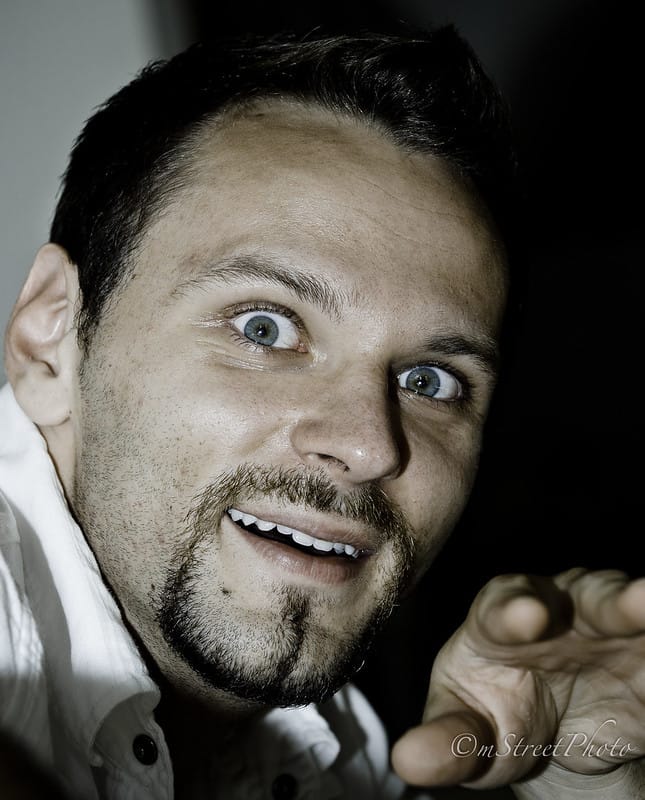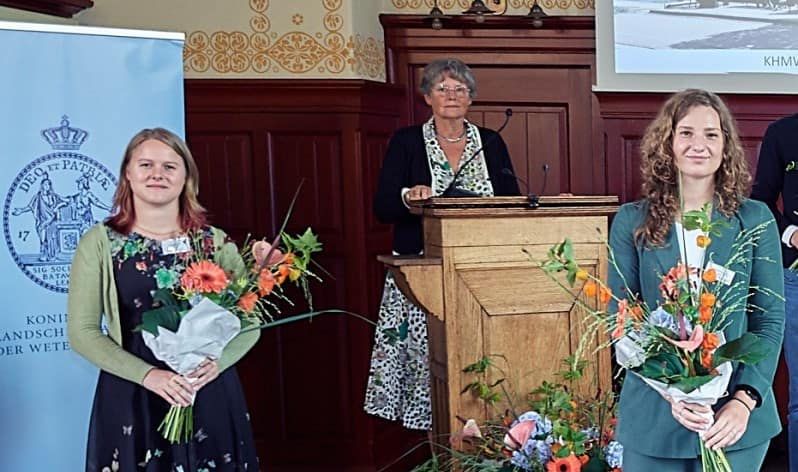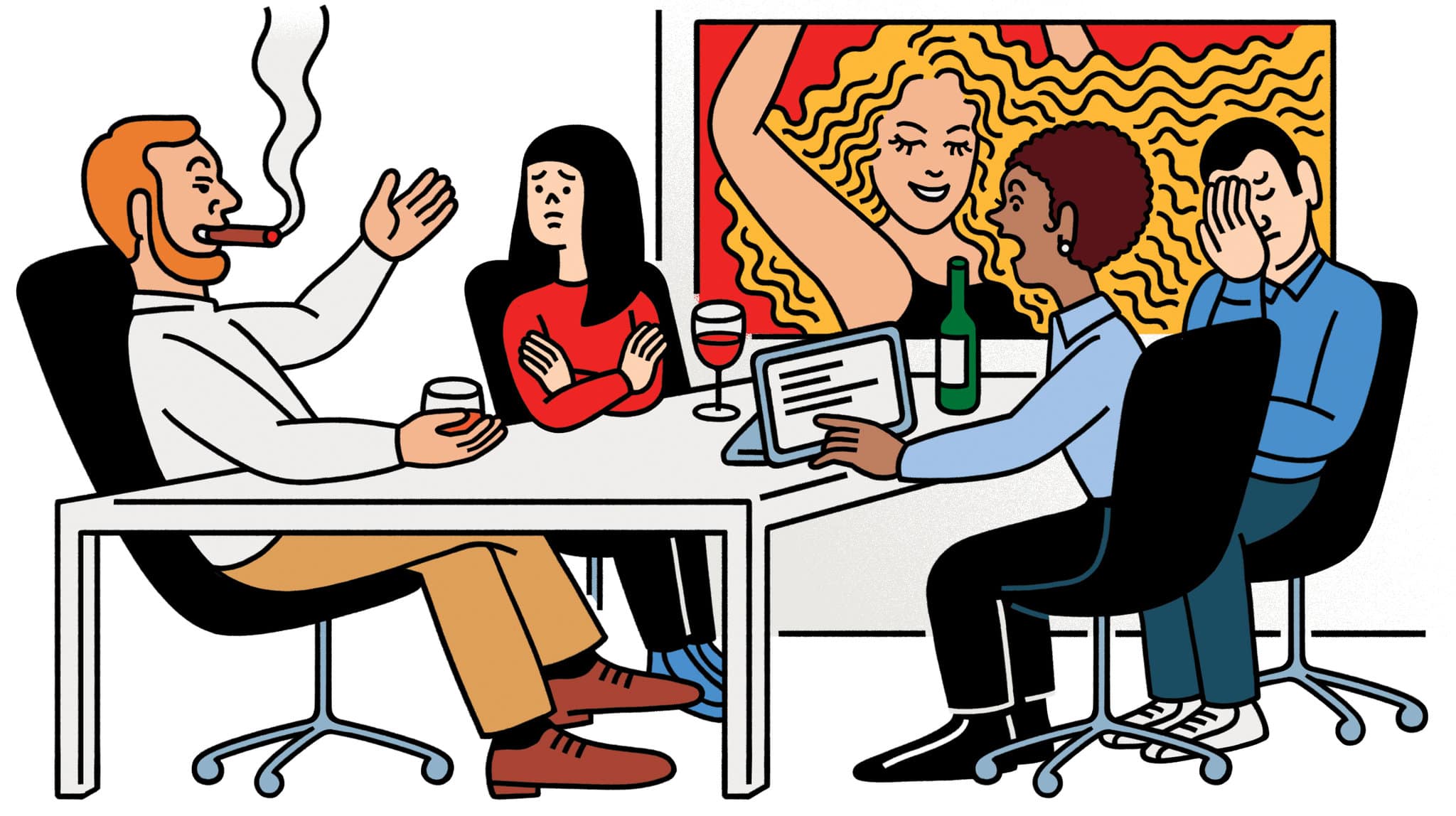The first-ever presidency of a Black man was often conceived of as the long-awaited end of racial discrimination in the United States. In their wide-eyed optimism, many White Americans trivialized the systemic injustices that Black individuals continue to face and deemed policies in favor of racial equality no longer necessary.
Written text might yield more information than the explicit meaning of words. In fact, the choice of words and the structure of a text can be informative regarding the emotional state and personality of the author. Utilizing this information might be useful in clinical psychology. For example, what would happen if we were able to identify depressed people, just from their language style?
Sometimes we may struggle to keep pace with the speed at which technology is progressing. We may fear the unforeseeable consequences for ourselves and society. In this post, Hannah Meckling discusses causes of internet anxiety and how to transform it into internet awareness.
Is there more to hypnosis than hocus-pocus? Is there room for hyponosis in psychological practice and research? In this blog post Research Master student Annika Sauter debunks common myths about hypnosis and unravels the current scientific knowledge on the topic.
This post aims to describe how expressive writing can be a tool to nurture your mental and physical well-being in the context of the pandemic —or other stressful life situations.
The Jan Brouwer Scriptieprijs is awarded every year by the Koninklijke Hollandsche Maatschappij der Wetenschappen (the Royal Holland Society of Sciences and Humanities) to recognize the best master thesis in the country across eight categories. Last year, two students from the Heymans Institute captured both of the awards that relate to our interests: Chantal D’Amore […]
The COVID-19 crisis has affected all our lives, including our work life and well-being. How can you help yourself, colleagues and friends during these times? How can you avoid making it even worse? In this post, Iustina Armasu gives some evidence-based tips about what to do, and what to avoid.
Suppose you are in a conversation and someone makes a sexist remark. How do you respond? Do you actively confront the sexist person by engaging in discussion? Do you fall silent in search of a response? Or do you swiftly switch topics to avoid an awkward situation? In our recently published set of studies, we examined how such responses may contribute to (or undermine) the spreading of sexist norms.
Bianca, what you are currently doing and how did you get there. I graduated from the University of Groningen in 2019 where I completed both my BSc in Psychology and MSc in clinical psychology. When I finished my master, I had already been living here for more than 5 years so I decided to […]
Scientific sources and popular media alike frequently report on the occurrence of university students feigning attention-deficit/hyperactivity disorder (ADHD) and misusing stimulant medication for non-medical use. How is it with the BSS students at our faculty?


